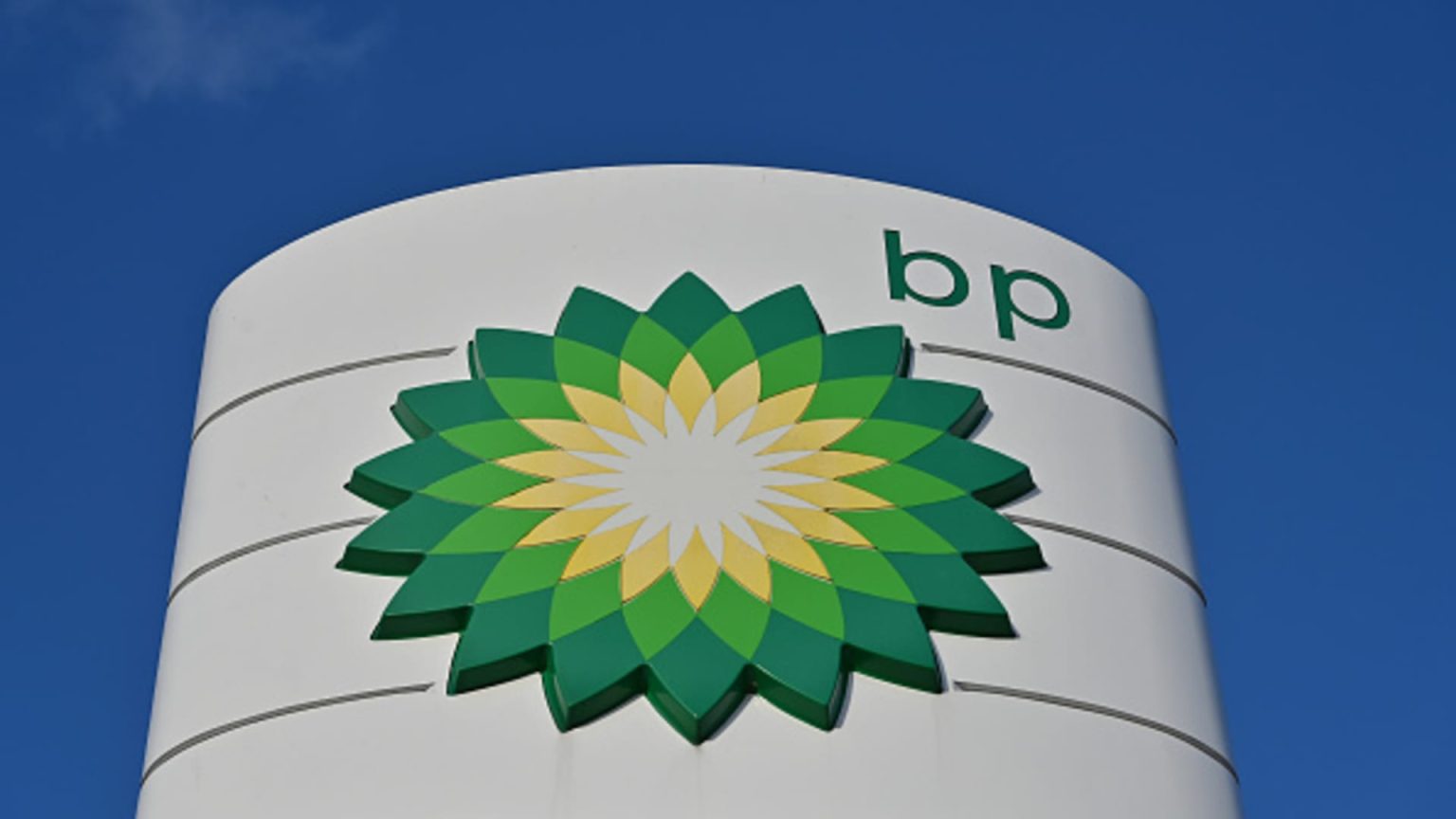British oil giant BP reported stronger-than-expected net profit for the second quarter and raised its dividend despite warnings of lower refining margins. The company posted underlying replacement cost profit of $2.8 billion, exceeding analyst expectations, and increased its dividend by 10% to 8 cents per share. This decision reflects the company’s confidence in its performance and outlook for cash generation. BP also confirmed a writedown of $1.5 billion due to weak refining margins and lower oil trading results, partly stemming from scaling back refinery operations in Germany.
BP’s net debt decreased to $22.6 billion at the end of the second quarter, down from $23.7 billion compared to the same period last year. The company’s stock price rose 1.9% following the announcement, although it is down 2.8% year-to-date. Investor confidence in BP is crucial as the company seeks to rebuild confidence in its strategy. The dividend increase and reduction in net debt were seen as positive developments for BP’s investment case. In recent months, BP has faced pressure from activist investors to increase oil and gas investments and scale back on green pledges.
Under the leadership of Bernard Looney, who recently resigned, BP had committed to reducing emissions by 35% to 40% by the end of the decade. However, the company has since revised its climate plans, targeting a 20% to 30% reduction in emissions to meet demand for oil and gas. CEO Murray Auchincloss has implemented cost-cutting measures, including a hiring freeze and pausing renewables projects to boost returns. The company aims to become a simpler, more focused, and higher value entity through these initiatives.
In comparison, British rival Shell is set to report its second-quarter results, while Exxon Mobil and Chevron are slated to follow suit. Norwegian oil and gas producer Equinor reported a 4% drop in second-quarter profits, exceeding analyst expectations. BP’s performance in the second quarter will be closely watched by investors and analysts as the company navigates challenges in the energy sector. The company’s decision to increase its dividend and focus on cost reduction reflect its commitment to delivering value to shareholders and adapting to changing market conditions.
Despite facing pressure from activist investors to prioritize oil and gas investments, BP remains focused on its strategy to reduce emissions and align its business with changing environmental regulations. The company’s leadership changes and cost-cutting initiatives aim to drive profitability and create a more sustainable business model. BP’s ability to balance its commitment to reducing emissions with the need to meet energy demand will be a key factor in determining its long-term success in the evolving energy landscape. As the company continues to adapt to market conditions, investors will be closely monitoring its performance and strategic decisions in the coming quarters.


